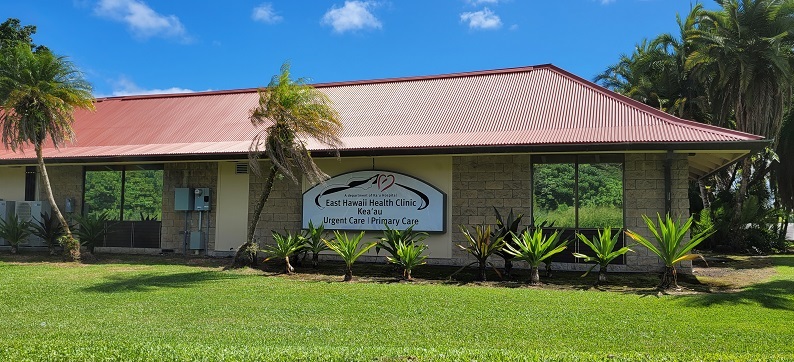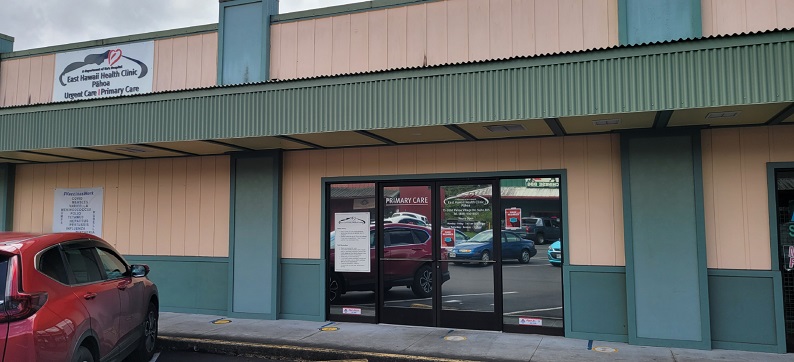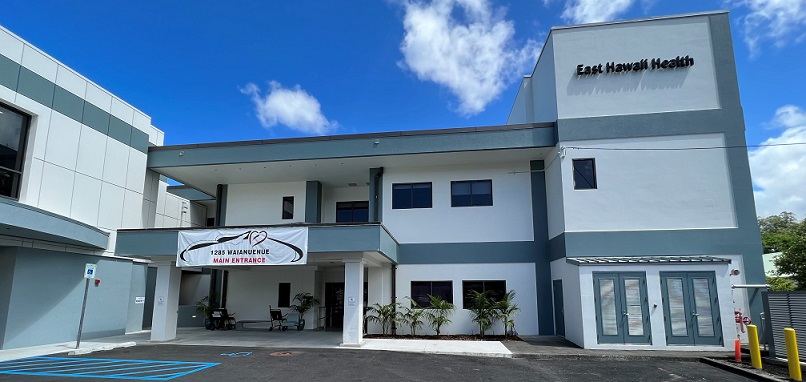
We offer a full range of urgent care services,
from keiki to kupuna

About Urgent Care
Our team of urgent care providers include family physicians, nurse practitioners, and physician assistants. Some of our clinics have Family Medicine residents and medical students and other learners who care for you under the supervision of experienced faculty members.
Patients with minor illnesses and injuries will be examined by our urgent care providers. We are unable to provide urgent care for infants under 6 months old. If necessary, our staff will direct patients to another healthcare facility who can provide services. If a condition is potentially life-threatening, we will help transfer patients to an Emergency Department.
Urgent care is the right choice for treatment of conditions that need attention fast
When to go to Urgent Care
Urgent medical conditions are those that are not considered emergencies but still require care within 24 hours
- • Minor Accidents and falls
- • Allergy symptoms
- • Cuts that don’t involve much blood but might need stitches
- • Minor broken bones and fractures in fingers or toes
- • Breathing difficulties, such as bronchitis or mild to moderate asthma
- • Dehydration
- • Ear ache
- • Eye irritation and redness
- • Cough, Cold or flu symptoms
- • Moderate back problems
- • Severe sore throat
- • Sinus infection
- • Skin rashes and infections, including small abscesses that need to be drained
- • Sprains and strains
- • Urinary tract infections
- • Vomiting, diarrhea, or abdominal pain
When to go to the Emergency Department
Please call 911 or go to the nearest Emergency Department for an emergency condition that might be life-threatening. Some examples of conditions that need emergency medical care include:
- • Anaphylactic symptoms from an allergic reaction
- • Chest pain, heart attack
- • Compound fracture where there is a bone protruding through the skin
- • Convulsions, seizures, or loss of consciousness
- • Deep knife wounds or gunshot wounds
- • Fever in a baby less than 6 months old
- • Heavy, uncontrollable bleeding
- • Moderate to severe burns, including electrical burns
- • Poisoning
- • Pregnancy-related problems like vaginal bleeding or abdominal pain or decreased fetal movement
- • Serious head, neck, or back injury
- • Severe abdominal pain
- • Severe chest pain or difficulty breathing
- • Stroke symptoms, such as vision loss, sudden numbness, weakness or paralysis of an arm or leg, slurred speech, or confusion
- • Suicidal or homicidal feelings
When to see your Primary Care Provider
Some conditions and situations are not appropriate for urgent care and are best handled with your primary care provider.
- • Requests for refills on controlled substances like narcotics, benzodiazepines, or ADHD medications
- • FMLA form completion
- • Disability form completion
- • CDL physicals, military physicals
- • Pre-operative clearance exams





